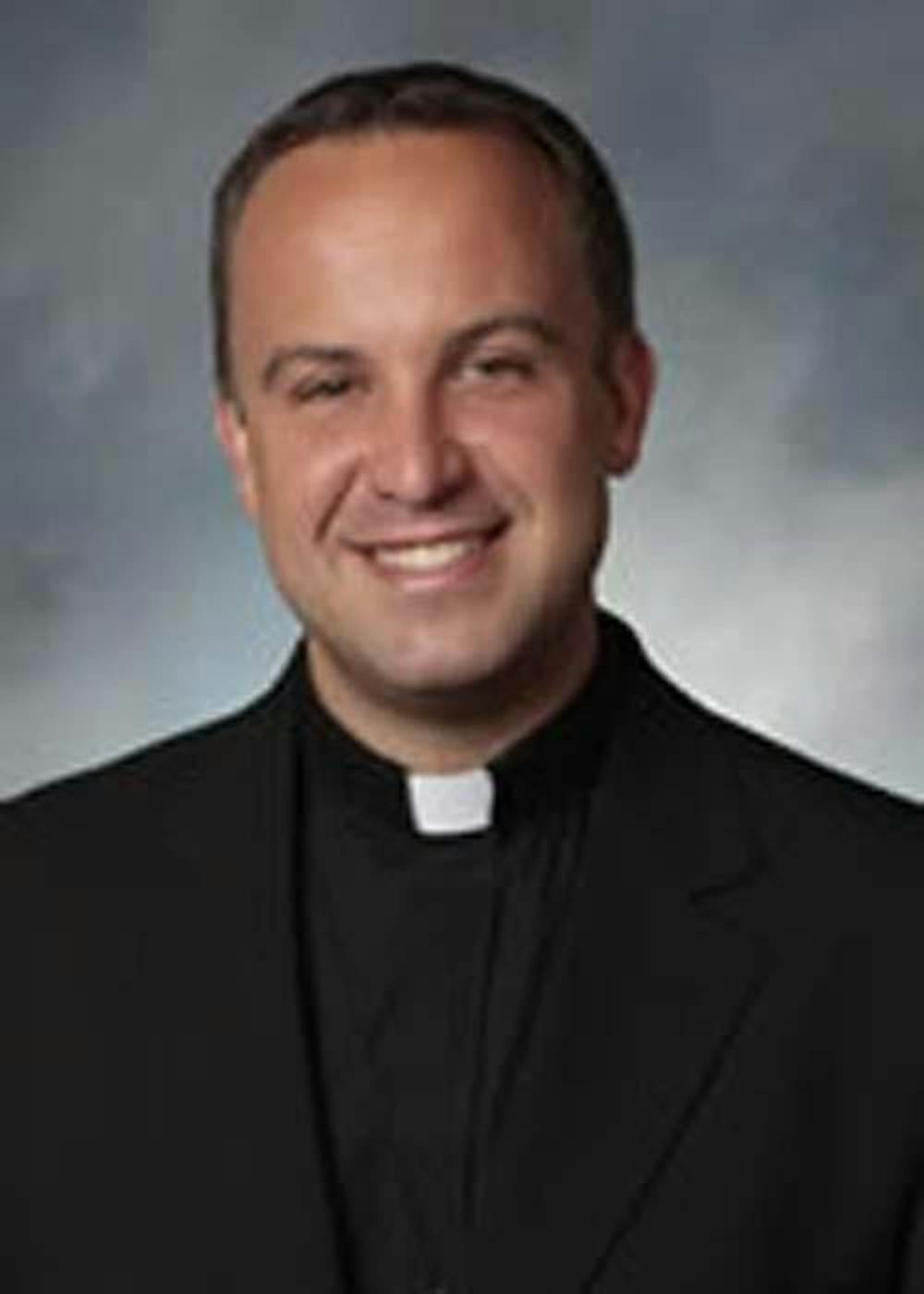Rev. Gerard Olinger, C.S.C. (The Beacon)
By Kate Peifer, Staff Writer -- peifer14@up.edu
The Supreme Court has ruled that certain employees of religious institutions, such as UP, do not have the right to sue the institution under federal employment law if they are fired.
What the unanimous Jan. 11 ruling did not make clear is which employees are included in that category known as the "ministerial exception."
"There are certainly people who would fit that ministerial role such as those in Campus Ministry," UP Vice President of Student Affairs Rev. Gerard Olinger C.S.C., who is also a lawyer and advises UP administration on legal matters, said. "But I believe they (the Supreme Court) would be more reluctant to deem a minister at a higher education institution such as theology professors and others."
This "exception" is part of the First Amendment requirement to prevent government interference in religious matters.
"Our right as a religious institution is to terminate one who is not carrying out a job as minister correctly," Olinger said.
UP's mission statement says UP is "guided by the congregation of the Holy Cross" and "honors faith and reason as ways of knowing" and while many professors at UP, including theology professors, are not Catholic, they are still hired and work under this statement.
"When I first got here, I saw a presentation given by a groundskeeper who saw her job as part of her Catholic ministry to sustain the environment," political science professor Bill Curtis said. "Then is she a minister?"
A priest and those performing religious services have been considered "ministers" due to their position at an institution, but some would argue the term "minister" is broader than the obvious roles.
It is because of this broadness that the role of a "minister" remains unclear and undefined.
"Surely, many may say theology professors would be covered but non-secular clearly wouldn't be," Curtis said. "Depends on your philosophy of religion."
History of the case:
The Hosanna-Tabor Church v. Equal Employment Opportunity Commission case heard by the Supreme Court last October was unanimously decided on Jan. 11 in favor of the religious institutional right known as the "ministerial exception."
This "exception" prohibits government interference with religious matters at all religious institutions, including UP.
Cheryl Perich, a former elementary teacher who worked at Hosanna-Tabor, went on medical leave and was asked to resign after returning to work.
Perich refused to resign, and threatened to sue her employers for discrimination under the Americans with Disabilities Act. The school fired her because her lawsuit threat was in violation of the school's policy of settling matters internally. She then sued the school in retaliation.
Because she sued, Hosanna-Tabor argued that Perich had not correctly performed her role as minister and thus was asked to resign.
The Supreme Court ruled in favor of Hosanna-Tabor and left the term minister to be determined.
History of the case:
The Hosanna-Tabor Church v. Equal Employment Opportunity Commission case heard by the Supreme Court last October was unanimously decided on Jan. 11 in favor of the religious institutional right known as the "ministerial exception." This "exception" prohibits government interference with religious matters at all religious institutions, including UP. Cheryl Perich, a former elementary teacher who worked at Hosanna-Tabor, went on medical leave and was asked to resign after returning to work. Perich refused to resign, and threatened to sue her employers for discrimination under the Americans with Disabilities Act. The school fired her because her lawsuit threat was in violation of the school's policy of settling matters internally. She then sued the school in retaliation. Because she sued, Hosanna-Tabor argued that Perich had not correctly performed her role as minister and thus was asked to resign. The Supreme Court ruled in favor of Hosanna-Tabor and left the term minister to be determined.








